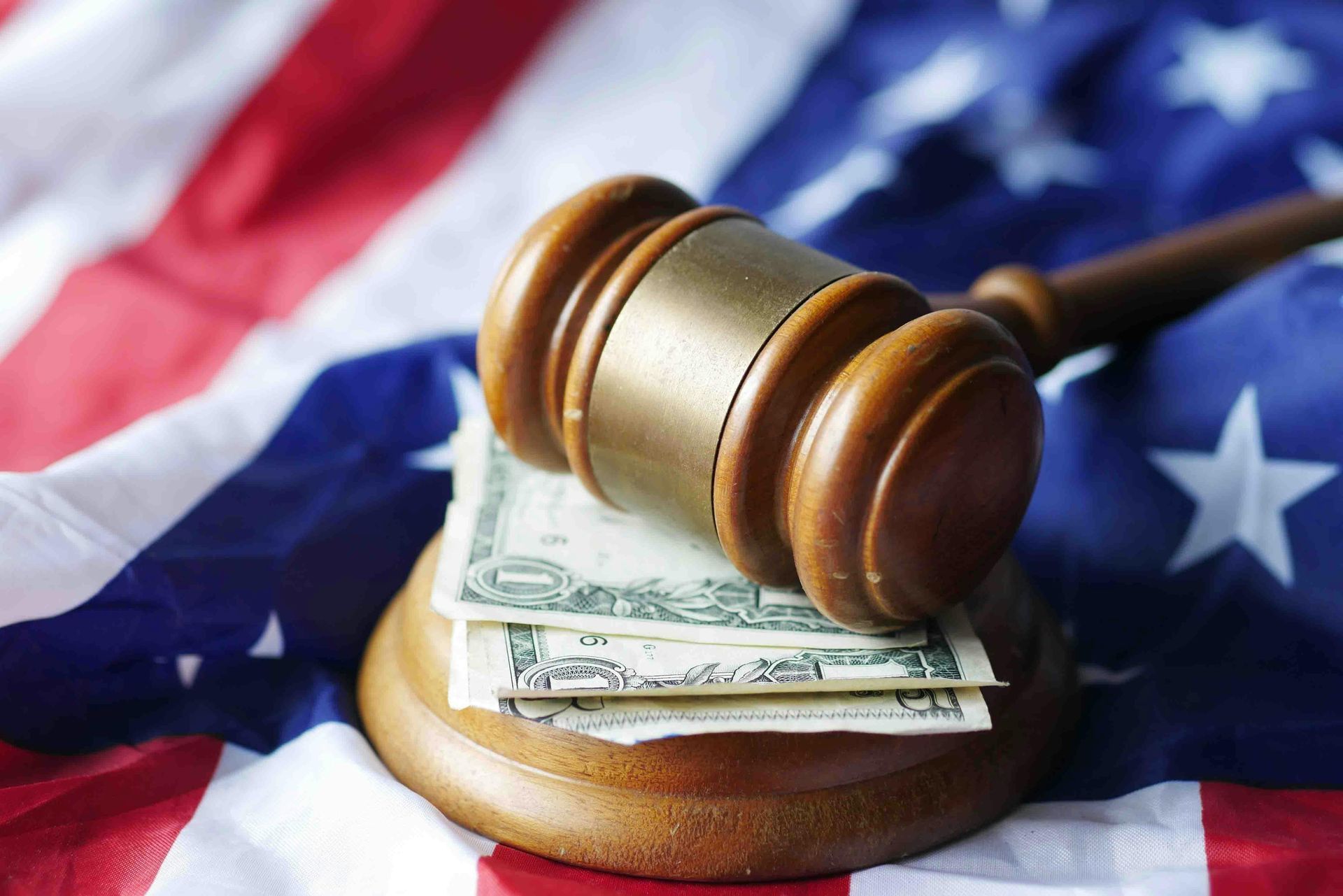Will filing for Bankruptcy affect my job?
Wil Filing Bankruptcy Affect Your Job?
Bankruptcy is a legal process that helps people or businesses pay debts by selling assets or getting a court-ordered repayment plan. There were 544,463 bankruptcy filings in 2020 alone. Typically, the bankruptcy process starts when a debtor goes to court. The debtor can be a company, a group of people, or an individual.
A bankruptcy case can only be filed at a federal court. The court will audit the liabilities and assets of the accused entity. It will then decide to either declare the entity bankrupt or dismiss the case. If you feel that your loan terms are becoming a financial hindrance, you can file for bankruptcy. Your creditors will have to renegotiate the loan terms and restructure the repayment schedule.
Bankruptcy and Employment Status or Opportunity
Generally, filing for bankruptcy does not have any impact on your job. Nevertheless, it may reduce your chances of getting employment in the private sector.
Public and private employers can't legally terminate your employment contract just because you are facing financial challenges. Similarly, filing for bankruptcy cannot lead to the changing of your employment terms. For example, your employer can't slash your wages or change your responsibilities. Therefore, you can seek legal compensation if your employer terminates your employment just after you file for bankruptcy.
Bankruptcy and Discrimination Laws
The US Bankruptcy Code prohibits any person or entity, including your employer, from discriminating against debtors. This is clarified in the Bankruptcy Code's Section 525. This section states that federal and state authorities can't:
- Refuse to hire a person because of bankruptcy
- Fire an employee due to a recent bankruptcy filing
- Reduce wages or change responsibilities of an employee who filed for bankruptcy.
Unfortunately, the Bankruptcy Code doesn't prevent private employers from failing to hire people based on their bankruptcy status.
Will Your Employer Know About Your Bankruptcy Filing?
Your employer is unlikely to learn about your bankruptcy filing. However, the employer may become aware in some situations, such as:
Wage Garnishment: You may file for bankruptcy after receiving a wage garnishment. Your employer can stop the wage garnishment provided that you notify them of your bankruptcy filing. The good thing is that your employer may suggest ways to improve your financial situation.
Chapter 13 Bankruptcy: While it is difficult for employees to know of your Chapter 7 bankruptcy filing, they are likely to know of your Chapter 13 bankruptcy filing. That is because the court may direct that your Chapter 13 payments be deducted from your salary. Your employer essentially will become a collection agency for the bankruptcy court.
You Have a Loan from Your Employer: A bankruptcy filing must disclose all outstanding debts. The court will then send a notice to everyone you owe money. If you have a loan from your employer, they will also receive notification of the bankruptcy filing.
Security Clearance
Many employers won't hire you if you don't have a security clearance. The security clearance is a must-have for people working for federal or state security agencies. Fortunately, you can still get your security clearance even after filing for bankruptcy. In fact, filing for bankruptcy reduces your debt and vulnerability to blackmail.
Government agencies do not look at the bankruptcy status when hiring employees. However, private employers may fail to hire you if they discover your bankruptcy filing. This can happen when the employer conducts a credit check.
Although the employer can't run a credit check without your consent, they may become suspicious if you refuse to give permission. The bankruptcy filing may be seen as a potential problem, especially for an employee who will be handling large sums of money, such as an accountant.
Types of Bankruptcy
The primary purpose of bankruptcy is to settle debt, but bankruptcies have different procedures and regulations. The two types of personal bankruptcies are Chapter 7 bankruptcy and Chapter 13 bankruptcy.
Chapter 7 Bankruptcy
During Chapter 7 bankruptcy, the court will hire a trustee to liquidate your assets and give the proceeds to your creditors. If the proceeds can't pay all your debt, the court will erase the outstanding debt. Chapter 7 exempts necessities from liquidation, such as retirement accounts, personal vehicles, and houses.
Chapter 7 can postpone a foreclosure but can't stop it. If you want to delay a foreclosure, you must reaffirm your loan terms and promise to resume payments.
You will be eligible for Chapter 7 bankruptcy debt relief after the court determines that you cannot repay all your loans. Before then, your creditors will meet you in person to examine your debts and general financial situation. Also, the Chapter 7 bankruptcy becomes part of your credit report and will remain there for a decade.
Chapter 13 Bankruptcy
Chapter 7 bankruptcy erases debt, but Chapter 13 restructures it. The court will mandate a new repayment plan that will last for three to five years. You must pay all your secured loans and a certain percentage of your unsecured loans during the repayment period.
The monthly payment will be based on your income, loan amount, and expenses. In most cases, the courts will place limitations on your expenditure and prohibit spending on certain services or products. Chapter 7 bankruptcy's main benefits are the preservation of your assets and legal protection from creditors.
Unlike Chapter 7 bankruptcy, Chapter 13 bankruptcy can halt home foreclosures by extending mortgage repayment periods. However, your Chapter 13 bankruptcy filing will only be valid if you have been paying all your taxes. Also, your credit report will continue to show your Chapter 13 bankruptcy filing for seven years. Finally, you can only file one Chapter 13 bankruptcy every 24 months.
What to Do if You Are Fired After Filing for Bankruptcy?
Despite the bankruptcy laws prohibiting employment discrimination, you can still get fired after filing for bankruptcy. When this happens, you should first know if your employer doesn't have another reason for terminating your employment. Regardless, it is challenging to prove that you were fired because of your mounting debts.
Consequently, you may need to seek the assistance of an employment lawyer and get legal redress. You can contact us for more information.










